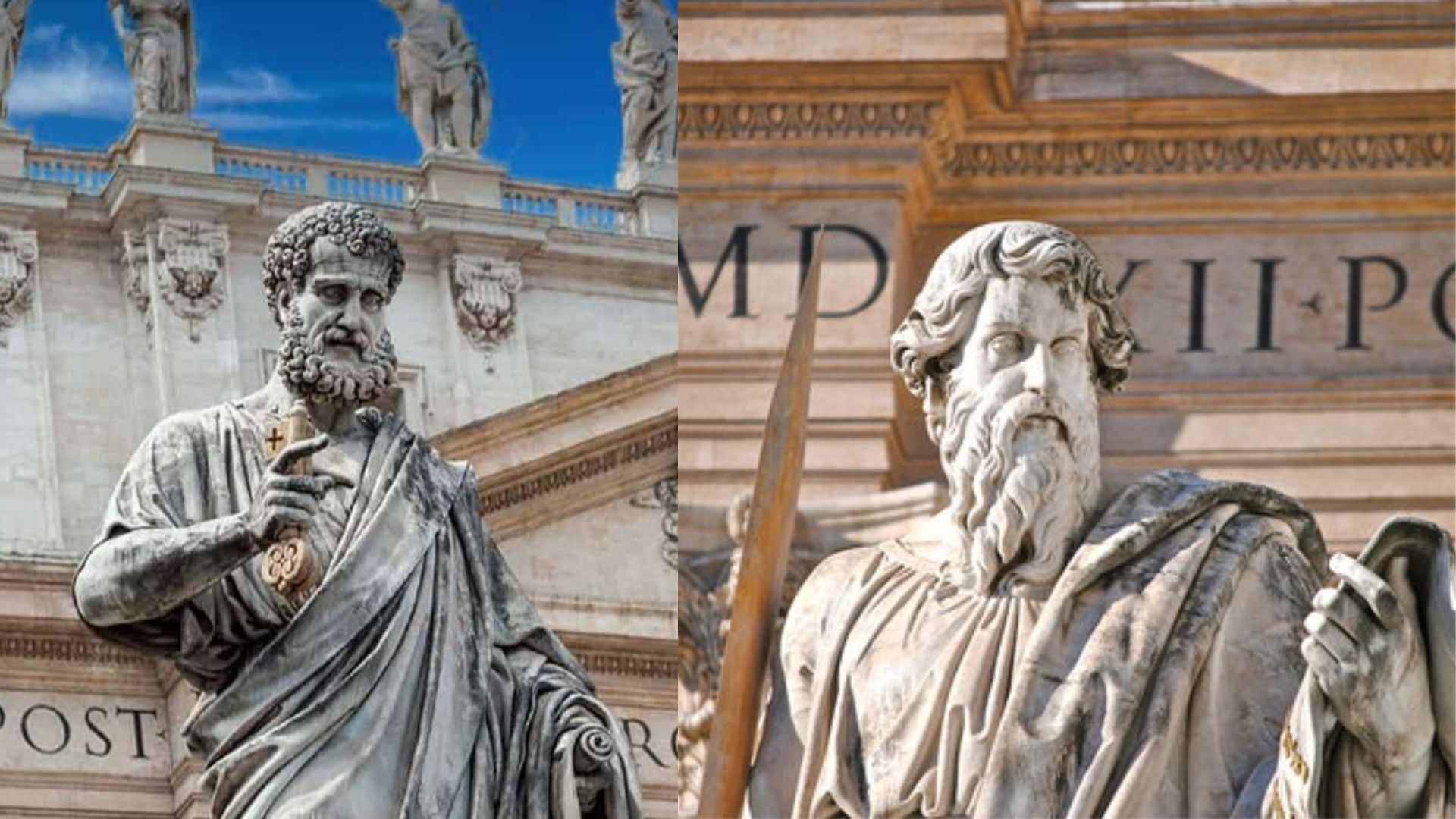Sisters and Brothers in Christ,
A familiar figure, John the Baptist, our “way maker” and herald throughout Advent, continues to accompany us in the Christmas season, but now, not only as one pointing our attention away from himself and toward Jesus. He also serves as a key to interpreting why Jesus comes to him in the Jordan to be baptized.
As a prophet, John does not presume to speak for himself. Purified from self-centeredness, attachments, and fears, his confident and powerful testimony of the coming of the Messiah and his insistent call of the people to repentance come not from him, but through him from God. He has been formed in the ascetic tradition of the Essenes, and has disciplined himself for total commitment to the mission he has received. Like a wind instrument such as a flute or a trumpet, John has given himself to be played by the Lord, just as Isaiah and all the other prophets had before him. The themes and notes they play are the same: conversion away from self centered vices back to love and faithfulness to God; justice for the little ones who are without voice or power, especially widows, orphans, and strangers in need; true worship which is not about sacrifice but rather, generous service and compassion; an end to violence and the striving that leads to war. How timeless and timely these social principles and priorities are for us now…
The authority that people experience in John, including Herod and his court, was not formally conferred upon him, nor was it simply a matter of his charisma or ascetic eccentricity. People recognize in his prophetic message the authority that comes from the truth– unmistakable moral truth. Perhaps we have met such people as John, people unbound from social conventions and liberated from fear, but empowered by a truth that radiates from not only their words, but their example. Sometimes we find such people laboring in service to those who are very poor and vulnerable, or those willing to be imprisoned as they protest for peace, or on behalf of our common home. Having lived for years with such prophetic people, I can attest that they do not make us feel comfortable, but I am more and more glad for such people living and laboring amongst us.

I share all this because it is fairly clear that Jesus saw John as more than his cousin, but as a kind of model. As Jesus learned among other things, contemplative faithfulness from his mother, and the skills of manual labor and how to carry and conduct himself with humility from his quiet father, he drew lessons and insight from John about how to make himself a discerning instrument to be played by his Father. It is for this reason, that even without sin, Jesus follows the inspiration of the Holy Spirit and goes to the Jordan River to be baptized. There, he receives everything from his Father, beginning with his identity as beloved, and by implication, the mission to gather all God’s beloved children into the Kingdom.
How does this reflection speak to us as people who lead others? First of all, each of us who have been baptized have also been anointed as “priest, prophet, and king.” To what extent do we perceive a call to serve God’s Kingdom in a prophetic manner, namely, seeking and representing moral truth in the way that the prophets before us have done? As mature, discerning leaders, we know that representing moral truth is not a matter of self-righteous judgment or moralizing, but rather, about calling out injustice and laboring with and for those who are poor, promoting justice and reconciliation, building peace, and safeguarding our common home. We all have some responsibility for these missions by virtue of our own baptism.
Second, when we have formal or informal authority, it is easy to fall into the illusion that “we’re in charge.” But rather than “being in charge,” both John the Baptist and Jesus saw themselves as “charged with” responsibility to put themselves, their gifts and power in the service of others. They knew who was truly in charge and committed themselves wholly to listen to God, discerning and doing God’s will rather than pursuing their own way. To return to the earlier analogy of the musical instruments, they gave themselves entirely to playing God’s score, themes, and notes. Do we feel a desire in ourselves to be similarly used as God’s instruments, and if so, what is the music that we discern God calling us to play?
With you on the road,




